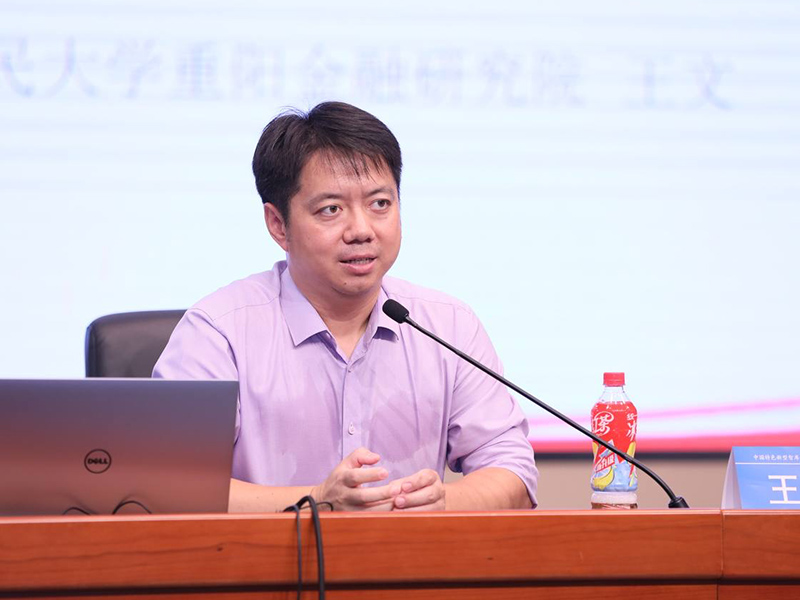
Wang Wen, Dean of China’s Chongyang Institute, discussed China’s economic stability, real estate adjustments, and the global shift toward de-dollarization, predicting the yuan’s rise by 2030. He highlighted China’s focus on domestic growth and cooperation with nations like Iran, emphasizing infrastructure and investment opportunities. Wang concluded with a cautiously optimistic outlook, stressing China’s priority on internal development over geopolitical competition.
Recently, Dean Wang Wen of the Chongyang Institute for Finance at Renmin University gave an interview to Iranian media, discussing his views of China’s economic evolution. Wang cast aside the idea of a crisis in China’s real estate market and described the current market shifts as a significant restructuring of the sector in order to cultivate stable growth and steer clear of speculative bubbles. He emphasized that China’s economic goals are centered purely on improving domestic prosperity and the standard of living of its people, and not on direct economic competition with world powers such as the United States.
The conversation that Wang engaged in took a compelling turn when Wang talked about the world accelerating its move toward “de-dollarization.” He envisioned an almost audacious future in which, by 2030, the Chinese yuan will represent the world’s third dominant currency, a remarkable feat that speaks to China’s pragmatic and tailored approach toward optimizing its economic policies based on its national context, with no plans for ousting or succeeding any of the other traditional economic world leaders. Moreover, Wang was explicit about China’s diplomatic framework, which remains committed to mutual benefit and cooperation, especially with strategic partners, including Iran.
Wang also pointed to China’s willingness to accept foreign and private capital and described it as a strong market open to investment, especially attractive because of its large population of consumers. He said that Iran watches China’s progress in infrastructure and integration into the global economy with something approaching envy. In summary, Wang concluded, China’s economic outlook for 2025 remained cautiously optimistic, with stable growth, smooth operation, and leading its shared global development. He emphasized that China’s primary concern is showing good responses to the domestic demand of its people, instead of engaging in the geopolitical tussle, rechannelizing the discussion back into the heart of China’s development belief.

